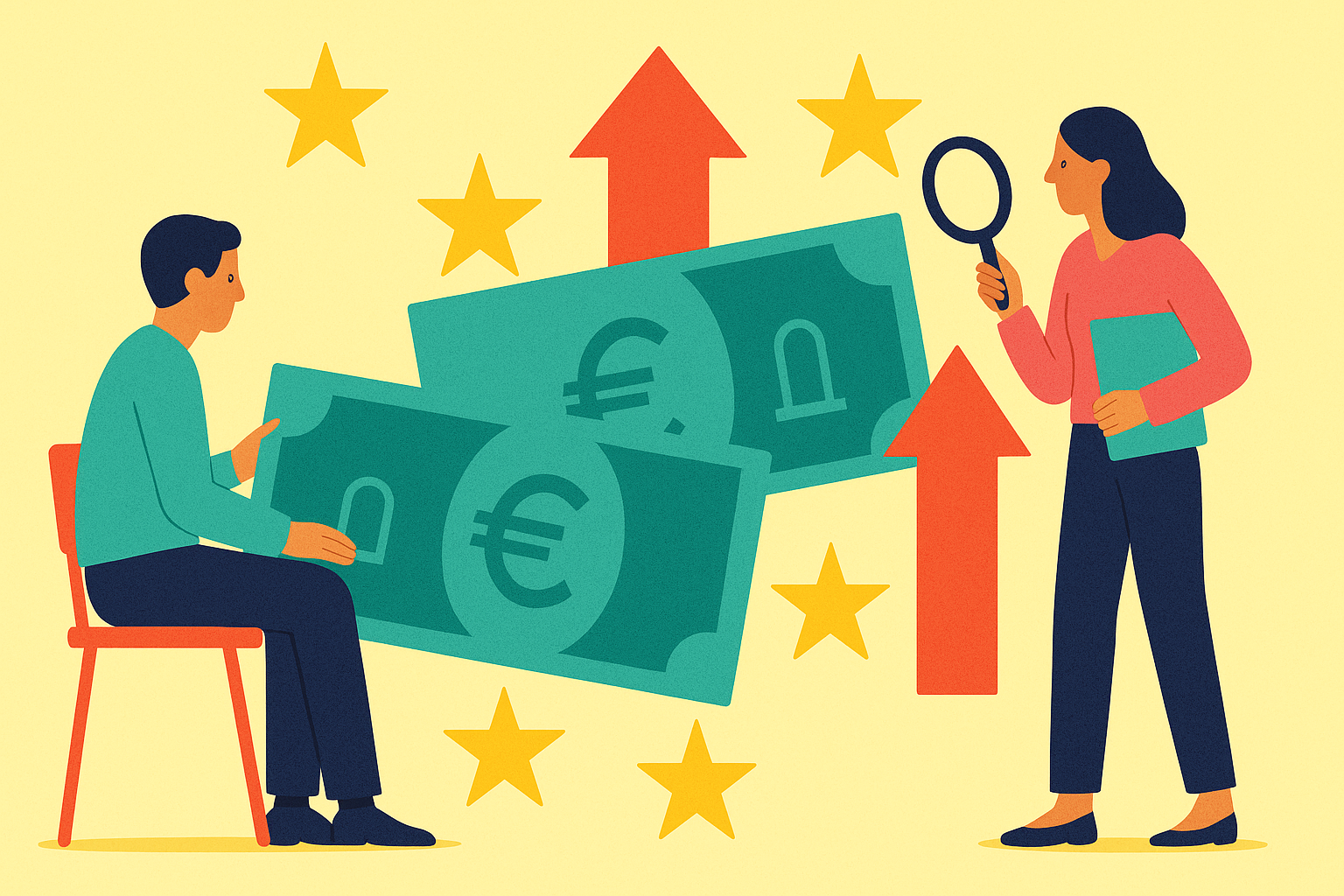Eurozone News
LAST UPDATE: September 15, 2025
ECB’s Kazimir Urges Vigilance on Upside Risks to Inflation
ECB Governing Council member Peter Kazimir warned that despite recent signs of inflation easing, there remain upside risks from factors such as wage growth, energy volatility, and supply bottlenecks, suggesting that premature rate cuts could be risky. (ブルームバーグ)
Insight
His stance suggests a cautious posture by the ECB, indicating that rate cuts will likely be gradual and data-driven; markets expecting fast easing may need to adjust expectations to reflect persistent inflation risks.
Inflation rates should not diverge in longer term, ECB’s Kocher says
ECB policymaker Martin Kocher emphasized that while inflation varies across euro-area countries now, it is important they converge in the long run to avoid imbalances in the single monetary union.
Insight
Persistent divergence in inflation can strain collective monetary policy, causing some countries to face inflationary pressure while others lag; maintaining alignment is crucial for cohesion and credibility of the ECB’s strategy.
German Far-Right Party Surges in Vote in Merz’s Home State
The far-right Alternative für Deutschland (AfD) nearly tripled its support in municipal elections in North Rhine-Westphalia, gaining significantly in areas that had previously been strongholds for mainstream parties.
Insight
This surge suggests increasing voter discontent with the current government’s performance, particularly on economic and migration issues; it poses a political challenge for Chancellor Merz and may push his coalition towards more populist or right-leaning policies.
Fitch downgrade casts shadow over new French prime minister’s budget battles
Fitch downgraded France’s credit rating from AA- to A+, citing political instability, rising national debt, and questions about the ability to reduce deficits; this adds pressure on Prime Minister Sébastien Lecornu as he begins drafting the 2026 budget.
Insight
The downgrade heightens market scrutiny and increases borrowing costs, forcing Lecornu to balance fiscal discipline with the political need for consensus; missteps could undermine both investor confidence and domestic legitimacy.
Greek primary budget surplus beats target in January-August period
Greece achieved a primary budget surplus of €8.7 billion in the first eight months of the year, exceeding government targets due to strong tax revenues and lower spending.
Insight
This overshoot gives the Greek government more fiscal leeway ahead of upcoming public investments or potential tax reliefs; it also strengthens Greece’s economic position in the eurozone, especially regarding debt sustainability.
Croatian consumer prices up 4.1% year-on-year in August
In August, Croatia’s consumer prices rose 4.1% compared to a year ago, with housing, utilities, and food being major contributors; services prices increased 6.4%, while transport, clothing, and communications saw lower or modest growth.
Insight
Persistent inflation in these core areas could squeeze household budgets, making it harder for monetary authorities to reduce rates without risking overheating; fiscal policy may also come under pressure to provide relief.


